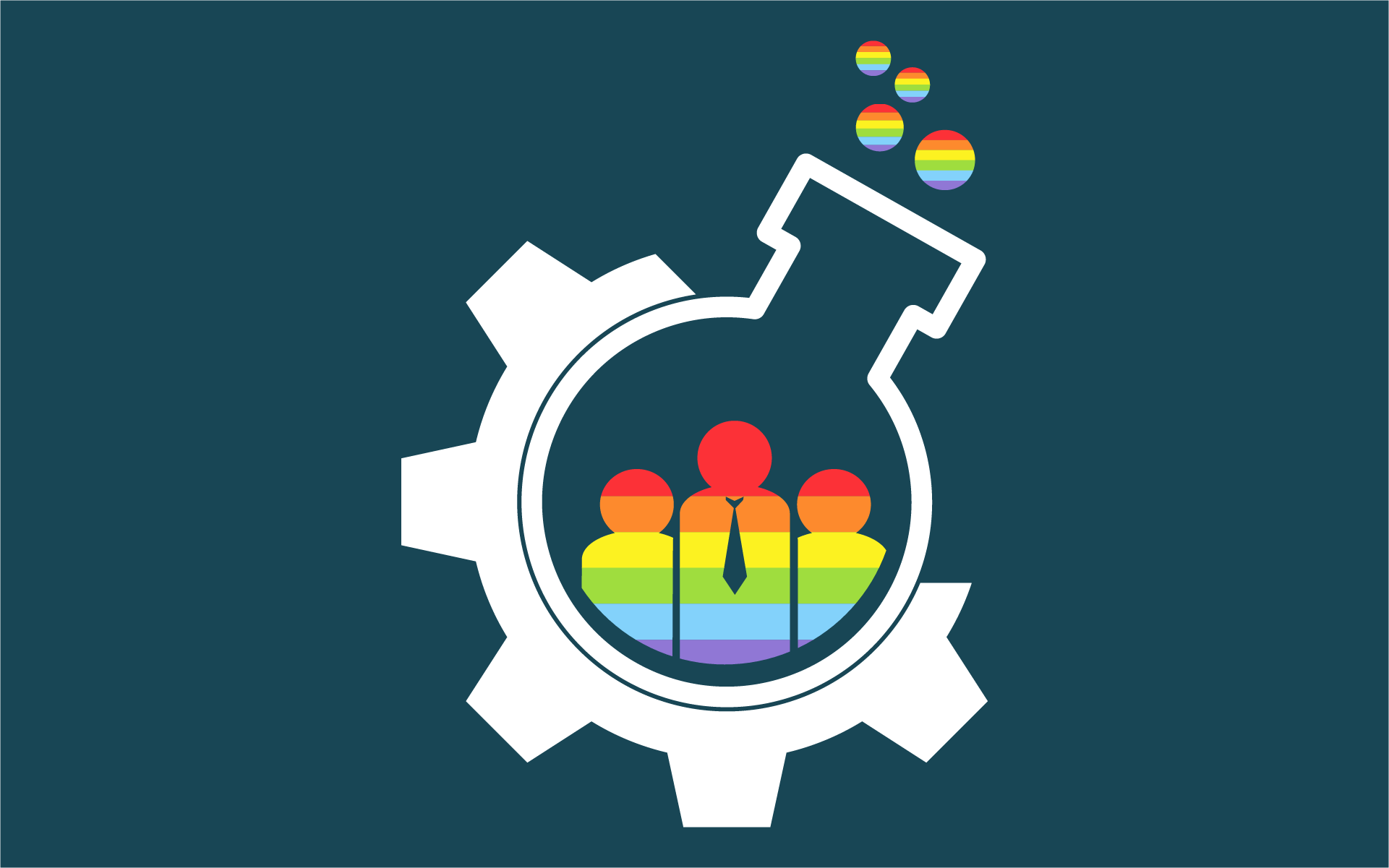8 innovators who put the pride into science

In celebration of Pride Month, we highlight some LGBTQA+ scientists who have made an impact on our lives through their work.
A celebration of diversity and inclusiveness in the fields of science and technology.
In the Second World War, Alan Turing cracked the German Enigma code, shortening the conflict by some two years and saving millions of lives.
He is also considered the father of the modern computer and artificial intelligence. But at just 41, Turing died at his own hand, from cyanide poisoning. The reason? Persecution for his sexual orientation.
In 1952, Turing was investigated for “acts of gross indecency”. He was placed under police surveillance and was forced to undergo chemical castration.
It was a tragic end to a great mind, all because of the discriminatory social mores of the day. Turing’s experience was extreme, but he wasn’t alone in having to hide from an unjust system.
In celebration of Pride Month, we highlight some LGBTQA+ scientists who have made an impact on our lives through their work.
Nergis Mavalvala, astrophysicist
The first woman dean of Massachusetts Institute of Technology’s (MIT) School of Science and a 2010 recipient of a MacArthur genius award, Mavalvala’s work focuses on the detection of gravitational waves and quantum measurement science.
She’s part of the LIGO project, which was the first to detect gravitational waves from the collision of two black holes, providing a radically different view of the universe.
Mavalvala is a vocal advocate of LGBTIQA+ people in STEM and was named the 2014 LGBTQ+ Scientist of the Year.
Lyn Conway, computer scientist
Credited with helping to improve the performance and design of computer chips, Conway was fired from her job at IBM in 1968, after she informed the company, she would be undergoing gender transition.
The company apologised for this in 2020, 52 years later. It was a mistake they no doubt regretted, given Conway’s trailblazing work that revolutionised the industry and garnered her fellowships, honorary titles, and awards.
Sara Josephine Baker, child healthcare pioneer
Known for tracking down Typhoid Mary, Baker’s real legacy is her work in child healthcare and the promotion of preventative healthcare. She is credited with developing the first safe infant formula.
She became the director of the Division of Child Hygiene in the US health department, the first government agency in the world devoted to child health. Although she never came out publicly, her relationship with screenwriter Ida Wylie is well-documented.
Ben Barres, neurobiologist
Barres is credited for his ground-breaking work on a type of brain cell called glia. These cells play a central role in what Stanford Medicine refers to as “sculpting and maintaining the brain’s wiring diagram.”
Throughout his career, Barres was vocal about his experience of transitioning, providing valuable insight into how differently women and men are treated.
George Washington Carver, agricultural scientist
Born into slavery in Missouri around 1864, Carver became an agricultural scientist, best known for his work in soil improvement and crop rotation.
In her biography of his life, author Christina Vella suggests that Carver was bisexual, based on his two most significant relationships, one with a woman in his 40s and later, in his 70s, with a man.
Dr Clara Barker, materials scientist
Shattering stereotypes in one of the more arcane fields of scientific endeavour, Dr Clara Barker is a “proud pansexual transwoman” who manages the Centre for Applied Superconductivity in the materials department at Oxford University.
As a vocal campaigner for trans rights, she runs a youth group for LGBTI+ people, as well as a support group for their parents. She won a Points of Light Award from the UK Government for her volunteer work, which includes giving talks on diversity and inclusiveness at schools and highlighting the “hidden histories” of LGBTI+ in museums.
Dr Bruce Voeller, biologist and AIDS researcher
A brilliant student who earned his PhD in developmental biology, biochemistry, and genetics from Rockefeller University, Dr Bruce Voeller worked in the frontline of research into HIV/AIDS, at a time when little was known about the syndrome.
He is credited with coining the acronym for acquired immunodeficiency syndrome and is equally remembered for his impact as a gay rights activist. In 2019, he was one of the 50 inaugural people memorialised on the National LGBTQ Wall of Honor in the US.
Lauren Esposito, arachnologist, and scorpion expert
As a child growing up in El Paso, Texas, Lauren Esposito was fascinated by insects. She kept a collection in egg cartons and was particularly fascinated by spiders. Today she curates the arachnology collection at the California Academy of Sciences, and her research focuses on documenting the world’s arachnid biodiversity.
She is the co-founder of a science, education, and conservation organisation called Islands & Seas. She is also the creator of 500 Queer Scientists, a “visibility campaign” for LGBTQ+ people working in the fields of science and technology.




